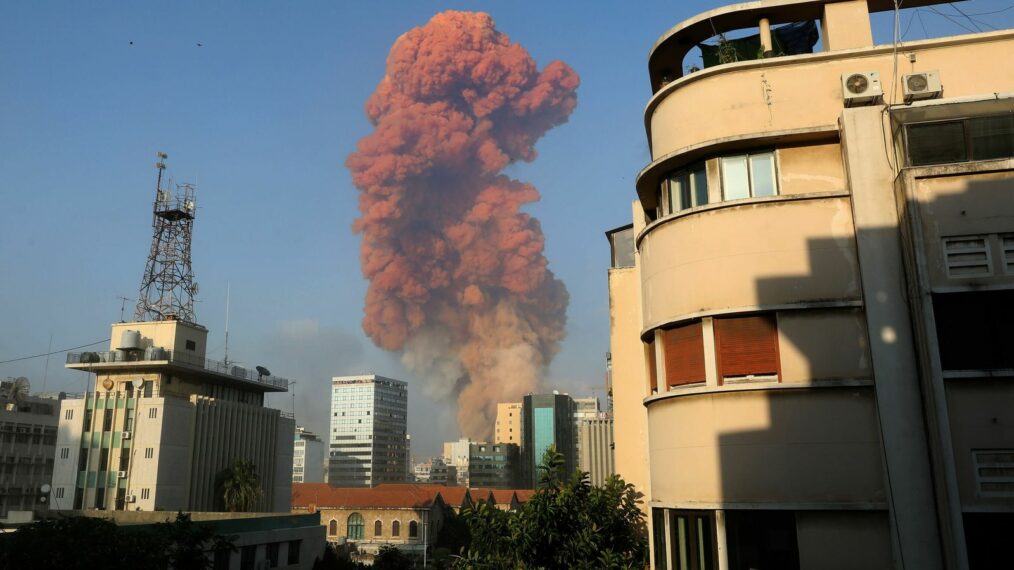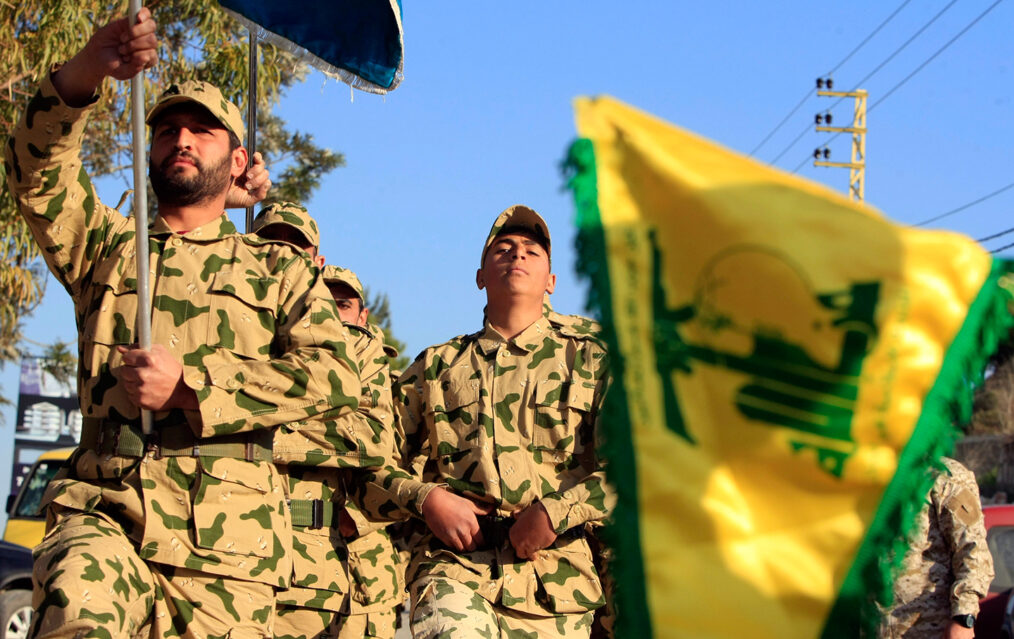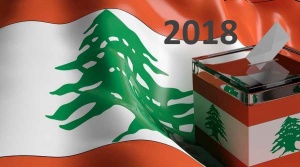On August 15th, 2021, Taliban fighters captured Kabul without firing a shot, sending shock waves across the world and expediting the United States’ withdrawal from Afghanistan. Like the Afghanistan withdrawal, the 2000 Israeli withdrawal from Lebanon was long expected and planned. Nevertheless, the events on the ground shifted quickly and forced Israel to complete the withdrawal overnight. With events in Afghanistan still unfolding, the U.S. can learn from Israeli experiences in Lebanon and prevent a humanitarian disaster from occurring at the Kabul airport.
The Invasion
Israel and the U.S. invaded Lebanon and Afghanistan, respectively, in order to eradicate the havens these countries had become for terrorist organizations. Since the 1970s, the PLO has used southern Lebanon as a launching pad for attacks against Israel. In 1982, Israel invaded Lebanon and successfully removed the PLO from Lebanon. Israel subsequently supported the establishment of a friendly regime in Beirut led by the Phalanges.
Following its initial success, Israel withdrew from most of Lebanon and created a security zone in southern Lebanon. The military rationale underlying the establishment of the security zone was to prevent Hezbollah, another anti-Israel insurgent group, and its terror cells from entering Israel, and to deflect fire away from Israeli territory toward the IDF and the South Lebanon Army (SLA), a local militia fully funded and equipped by Israel.
Similar to the haven Lebanon provided the PLO and Hezbollah, the Taliban regime in Afghanistan provided sanctuary for Al-Qaeda. On September 11, 2001, Al-Qaeda operatives hijacked four commercial airliners and crashed them into the World Trade Center and the Pentagon. On October 7th, 2001, the U.S. invaded Afghanistan and with local anti-Taliban forces routed Al-Qaeda and ended the Taliban regime. On May 1st, 2003, Secretary of Defense Donald Rumsfeld declared an end to “major combat” in Afghanistan.
The Withdrawal
For over fifteen years, Israelis believed that their presence in southern Lebanon and the casualties associated with it were necessary. As their presence drew on, however, Israeli consensus shifted, leading to broad public support for a unilateral withdrawal and the election of Prime Minister Ehud Barak, a vocal supporter of the withdrawal. Barak tried to tie his plans for a withdrawal from Lebanon to a peace agreement with Syria. But this plan failed, leading to his decision to withdraw from Lebanon unilaterally and reject the advice of his senior military leaders that advocated against it. Consequently, the withdrawal from Lebanon didn’t go according to plan and what unfolded on the ground was described as chaos.
When Israel began to transfer its military outposts to the SLA in mid-May, the SLA proved unable to hold its ground, deciding to abandon its outposts and disband rather than continue fighting. Barak had to advance the timetable for the IDF’s withdrawal from July to May 24. The collapse of the SLA and Hezbollah’s lightning advance initiated a massive flood of SLA members and their families to the Israeli border, fearing Hezbollah’s retribution.
Unlike the Israeli withdrawal, the U.S. withdrawal was an integral part of the agreement the U.S. signed with the Taliban. While the Taliban has overwhelmingly violated the agreement, President Biden remained committed to the withdrawal, ignoring the warnings of his top military generals and diplomats. Emboldened by the U.S. withdrawal, the Taliban launched its major summer offensive. Once the first provisional capital fell, the Afghan Army collapsed in days, often surrendering to the Taliban without firing a shot. On August 15th, 2021, the Taliban entered victoriously into Kabul.
Conclusions
Every day we bear witness to the unfolding events in Afghanistan. Similar events were unfolding on the Israeli-Lebanese border in 2000. Then, Israel was overwhelmed with the rapid collapse of the SLA and the flood of refugees towards its border. Israel opened its borders and allowed Israel’s allies and their families to enter Israel. Nevertheless, it took Israel 20 years to officially honor the SLA fighters and their sacrifice.
The U.S. shouldn’t wait 20 years to honor its Afghan allies. The U.S. has a moral obligation of not leaving them behind, regardless of whether they are citizens or allies. The U.S. can still do the right thing and open Kabul’s airport gates, its aircraft’s doors, and most importantly its heart, to the fleeing Afghan allies.






